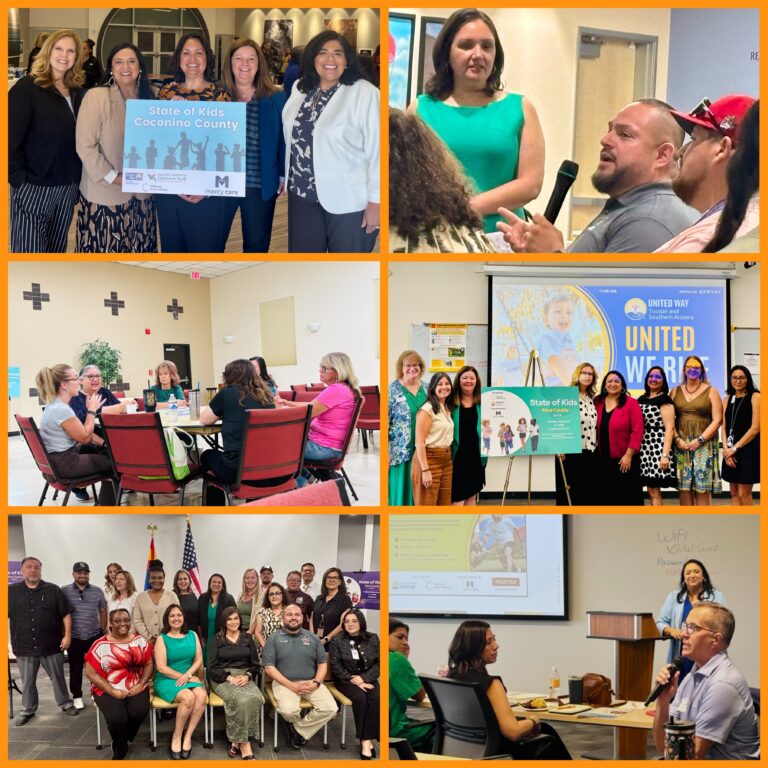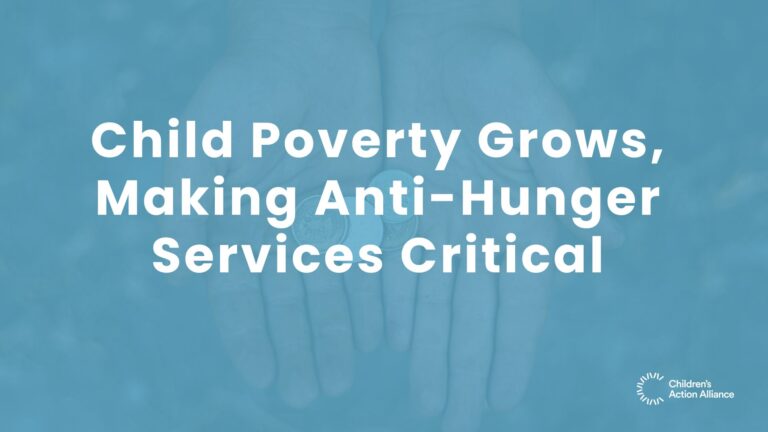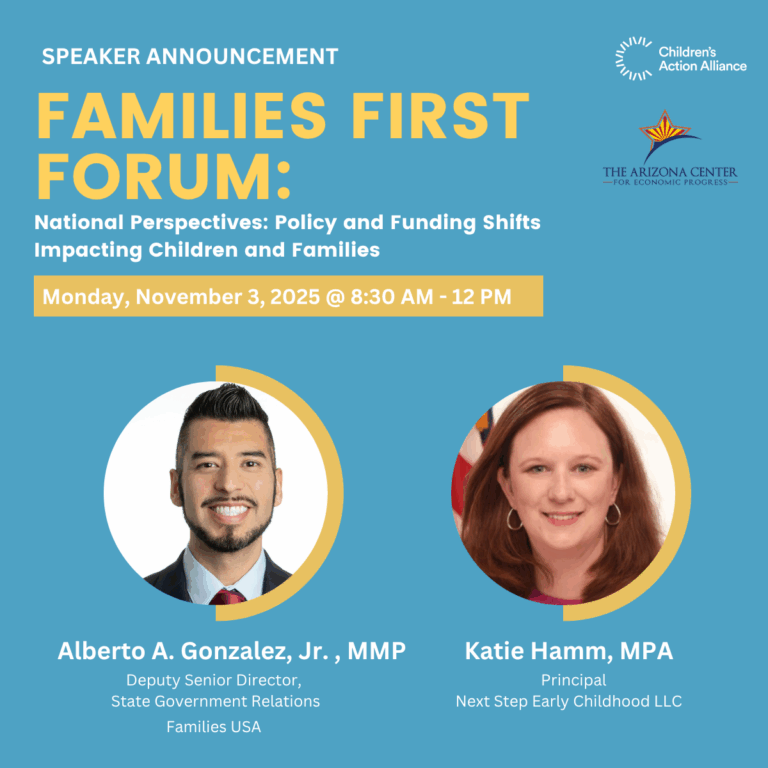
Arizona's drop in K-12 enrollment could mean lost funding for public schools
Arizona Department of Education reported 50,000 fewer students attending public schools than last year. This number far exceeds the number of families who have formally opted for homeschooling for 2020-2021. The unfortunate reality is that many children may not be in school at all during the pandemic. Losing a year or more of education has significant consequences, both for the students and the public schools they attended.
Students in Arizona who are impacted by deep economic and racial disparities are now experiencing compounding gaps in learning. Studies have shown, educational attainment, particularly in childhood, is crucial for long-term success. The pandemic will affect Arizona’s children’s long-term economic well-being, and by extension, the Arizona economy as a whole.
In addition, as school funding is tied to enrollment, Arizona’s public schools will see their funding cut, throwing them into an unexpected financial bind without the resources needed to get through the pandemic. It is also important to note that the additional funding from Proposition 208 is not expected to be available to schools until fall 2021.
In June, Governor Ducey announced a grant program intended to help schools recover budget losses tied to enrollment declines. The program guaranteed schools would not lose more than 2% of the funding received last school year. But many school districts across the state now report receiving less funding than promised from these grants.
The State of Arizona currently has a balance of $978 million in its Rainy Day Fund as well as an estimated $411 million revenue surplus for the current fiscal year. We urge Governor Ducey and state lawmakers to dedicate some of those dollars to provide schools with the funding they were promised. Arizona’s public school students deserve no less.



